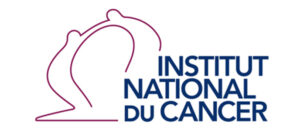AAP PLBIO 2020, Biology and Cancer Sciences
To read also
Experimental session at SOLEIL DISCO SRCD beamline
17 June 2024
par Jessica Jonquet
ANR MODELAGE project awarded
10 October 2023
par Jessica Jonquet
Meeting The Antithesis : ELAST' BUT NOT LEAST
14 January 2022
par Jessica Jonquet

